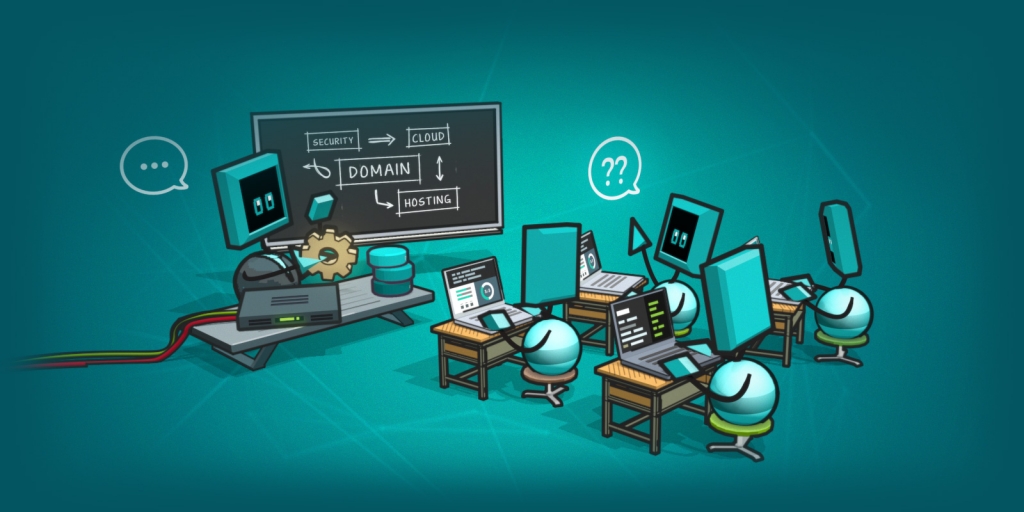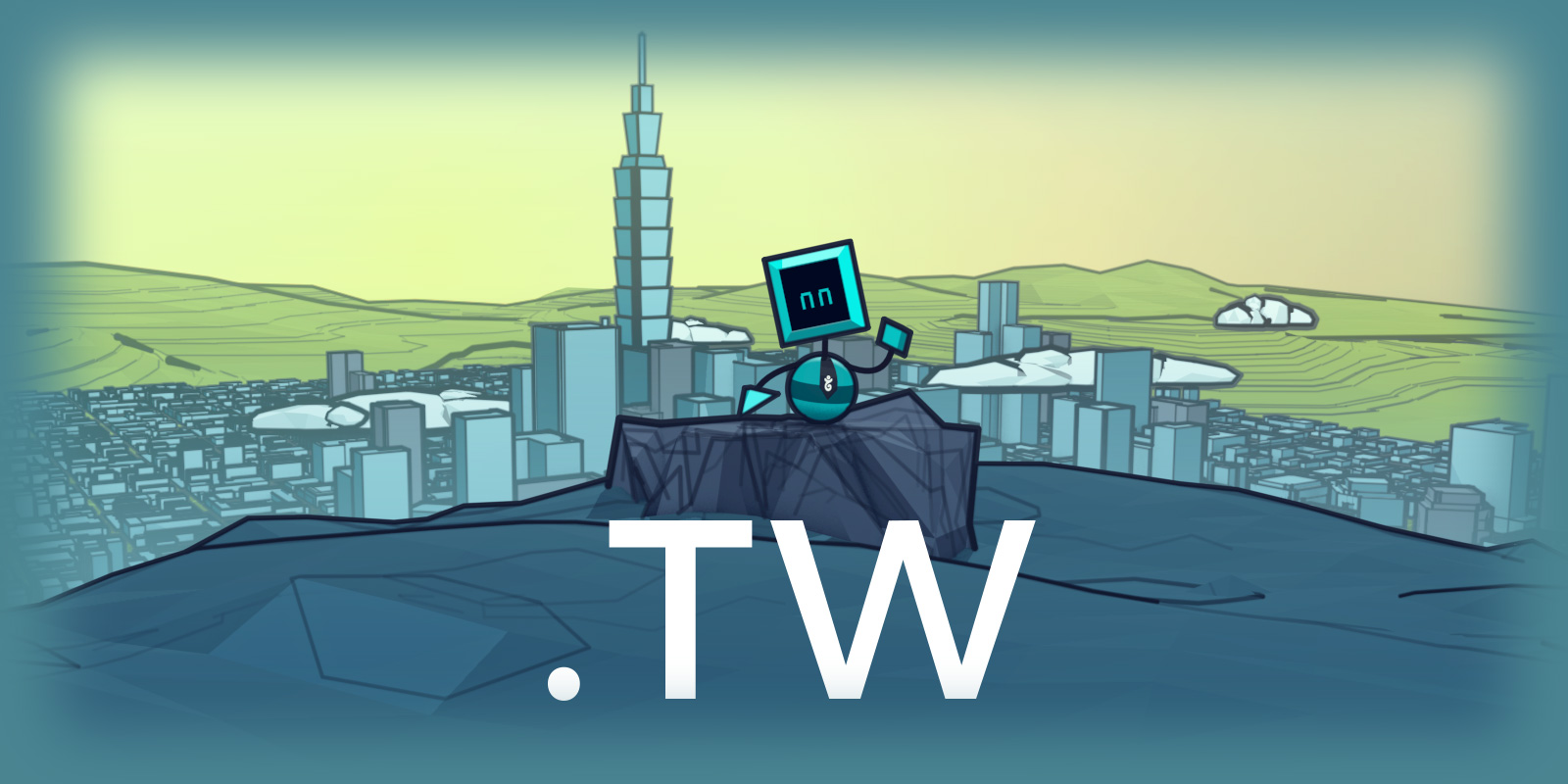A content management system (CMS) is software that’s used to create, edit, and manage website content. A CMS makes it easy to update the content and design of your website.
Your choice of CMS can have major consequences down the line. Once you make a website and it starts growing, it’s not always easy or cheap to switch.
Understand why
Whether you’re starting a new website and are choosing a CMS from scratch, or you’re switching from a previous CMS, it’s important to understand why.
If you’re just starting out, you should ask yourself whether you’re looking for a CMS because you heard that you needed one, or because the need for one is greater than any potential costs.
Likewise, if you’re switching CMSes, what are the reasons for switching? If there are features missing in your current CMS or other shortcomings, are there ways you can work around those issues?
Some things that CMSes do that make them more convenient than managing your website content manually are:
- A user-friendly content creation page
This lets you quickly make edits to your content, or add new content, in a way that doesn’t require any special knowledge or abilities. - Automation
CMSes allow you to schedule updates without you having to directly intervene - Flexibility
A CMS lets you change design elements of your website or individual webpages while preserving the content
But most importantly, determine what you’re going to use your CMS for.
Is it just for a blog? Will you be showcasing your web development skills? Will you be trying to convert page views into sales? Are you trying to get a better SEO ranking for search terms related to your products or services?
The answers to these questions will help you understand every other aspect of choosing a CMS.
Figure out who will be involved
Next, you’ll need to figure out who will be involved in implementing, integrating, using, and maintaining your CMS.
Who will install it
The lifecycle of your CMS will start with you installing it, so you’ll need to figure out who will be installing yours. This might just be you, or it might be a member of your IT team. It may also be a developer you contract to install your CMS.
Who will use it
This is one of the most important considerations. Will the people using your CMS to create content be marketers? Journalists? Friends?
Who needs information from it
This applies mainly to companies using a CMS. There’s a lot of business intelligence that you could glean from your site, especially if you’re using it to drive sales. Your sales or marketing teams might need access to this information.
Who will maintain it
This is also a huge question to answer. Maintenance on your CMS includes everything from installing updates and upgrades to implementing new features. This could also mean resolving issues and patching security problems.
If this isn’t you, that might be a web developer you hire, or a member of your IT staff.
Understand what features you need
Depending on who will be installing, using, and maintaining your CMS, you may or may not also need certain features.
Here are some questions to consider when figuring out what features you need:
Does your CMS need to integrate with marketing or sales software?
If your sales team uses a CRM, you should find out if there’s an easy way to integrate it with your CMS.
Will you need to manage multiple users?
How many content creators or editors will need to have logins? Will developers or sales people also need logins?
Does the CMS work across multiple sites? Or multiple languages?
Can content you create in your CMS be added only to one site or can it be added to multiple sites? Can translated content be linked across languages?
Does it need to have a mobile-friendly dashboard?
Will you or the other people writing content with the CMS need to publish content from their smartphones or tablets?
Once you understand why you need a CMS, you’ve figured out who will be involved, and you have a handle on what features you’ll need, you can move on to researching and comparing your options. We’ll cover that in a future installment.
Tagged in CMS



